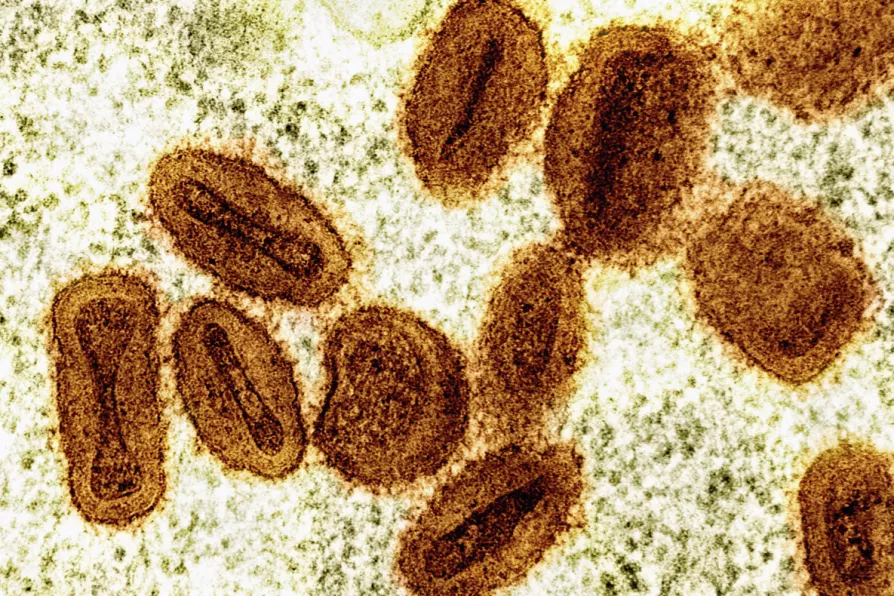World in brief: November 20, 2024

 This colourized electron microscope image provided by the National Institute of Allergy and Infectious Diseases in 2024 shows Mpox virus particles, orange, found within infected cells, green
This colourized electron microscope image provided by the National Institute of Allergy and Infectious Diseases in 2024 shows Mpox virus particles, orange, found within infected cells, green
SWITZERLAND: The inventor of a “suicide capsule” has rejected allegations that the US woman who was said to be its first user may in reality have been strangled.
Philip Nitschke of advocacy group Exit International said today that he wasn’t present at the woman’s death in a forest in northern Switzerland on September 23, but he had seen the event involving the capsule live by video transmission.
The head of a Swiss affiliate group, Florian Willet, was present at the woman’s death and was immediately taken into police custody, where he remains.
Similar stories

PAUL DONOVAN is fascinated by an account of the long history of Catholic Church’s involvement in espionage












